Frederica Freyberg:
This week, we turn to an award-winning columnist who covers a range of African-American issues to discuss Juneteenth. It comes at a time when racial justice is front and center. Reggie Jackson is a senior columnist for the Milwaukee Independent and he joined us earlier this week with his insights. Mr. Jackson, thank you so much for being here.
Reggie Jackson:
It’s a pleasure. Thank you for having me.
Frederica Freyberg:
So Juneteenth is a celebration of the end of official slavery. This year, of course, COVID-19 stifles the celebratory nature of it, along with global demonstrations against racism and police brutality. As to the protests, you have said, “We have not suddenly reached the breaking point. Each day is a breaking point for us.” How so?
Reggie Jackson:
Well, you know, when we talk about the things that are currently occurring that the world is paying attention to, these are things that those of us in the communities of color, particularly African-Americans, these are things that we’ve experienced for many, many years. These are things that we talked about openly, complained about, asked for reform about. And so for us, this is nothing new. You know, the death of George Floyd, which has kind of galvanized people around the world to protest, these are not new occurrences for us. This is, you know, every-day-lived experiences for people of color, particularly blacks.
Frederica Freyberg:
You’ve also said this, “We want change. We are tired of being treated like our lives are inconsequential.” Describe the change that you want.
Reggie Jackson:
Well, you know, we simply want what every other American has. We want our lives to be valued in the same way as the majority community has been valued. You know, I did a presentation a number of years ago, and it was titled “Do Black Lives Matter: The Historic Devaluation of Black Lives in American History,” and there are countless ways to explain how our lives have not been valued in the same way. The idea of race, the concept of race, was created a couple hundred years ago and there was this hierarchy that put people based on their skin color at different levels of value. For the most part, black people have always been at the bottom of that hierarchy. We’re simply asking that you don’t do that any longer, that we be treated the same as everyone else, that we be treated fairly, equitably. And it’s not a difficult ask, I don’t think.
Frederica Freyberg:
What is your hope and expectation about seeing consequential change or that change even by the next Juneteenth day or even in our lifetimes?
Reggie Jackson:
Well, you know, the difficult thing is that change occurs very slowly. In many cases, it occurs at a pace that we don’t even notice. And so it appears that no change is occurring, no progress is being made, but ultimately I think the answer to your question is when we revisit this year, this Juneteenth a year from now, we look back and we’ll ask what has really changed in a consequential way. You know, we know the protests will be over. We know that we’ll go back to business as usual as a nation. But what will people do? Once they stop protesting, what will they do in their institutions they work in? What will our elected officials do to change the patterns and practices of institutional racism in our country? Those are the things that we’re going to be paying very close attention to. Not just the talk. A lot of people can talk the talk, but will they be willing to walk the walk?
Frederica Freyberg:
Do you feel as though at this moment in time, that finally the voices that have so long been decrying white supremacy are being heard?
Reggie Jackson:
Yeah. I think those voices which have been silenced for so long are being heard in a way that they’ve never been heard before. I think one of the incredible things about it is there are other voices joining the conversation saying the same things. As I’ve been doing work, traveling around the nation, the last several years in particular, I have noticed a shift in the way white people talk about racism. There’s been a shift in what white people want to learn about the history. And they have willingly admitted to me in many places, small rural towns throughout Wisconsin that I’ve traveled to, that racism is a serious problem. We’ve been afraid to talk about it. But we want to talk about it now. We want to learn how we got to where we are so we can fix things. These are things that communities of colors have been asking whites to join us in that fight for many, many years. And we’re beginning to see that at a level we’ve never seen before.
Frederica Freyberg:
Thank you. Thank you. We’re all glad to hear that and may we keep moving forward. Reggie Jackson, thank you so much for joining us.
Reggie Jackson:
Yeah. It’s my pleasure. Thank you so much for having me, Frederica.
Search Episodes

Donate to sign up. Activate and sign in to Passport. It's that easy to help PBS Wisconsin serve your community through media that educates, inspires, and entertains.
Make your membership gift today
Only for new users: Activate Passport using your code or email address
Already a member?
Look up my account
Need some help? Go to FAQ or visit PBS Passport Help
Need help accessing PBS Wisconsin anywhere?

Online Access | Platform & Device Access | Cable or Satellite Access | Over-The-Air Access
Visit Access Guide
Need help accessing PBS Wisconsin anywhere?

Visit Our
Live TV Access Guide
Online AccessPlatform & Device Access
Cable or Satellite Access
Over-The-Air Access
Visit Access Guide
 Passport
Passport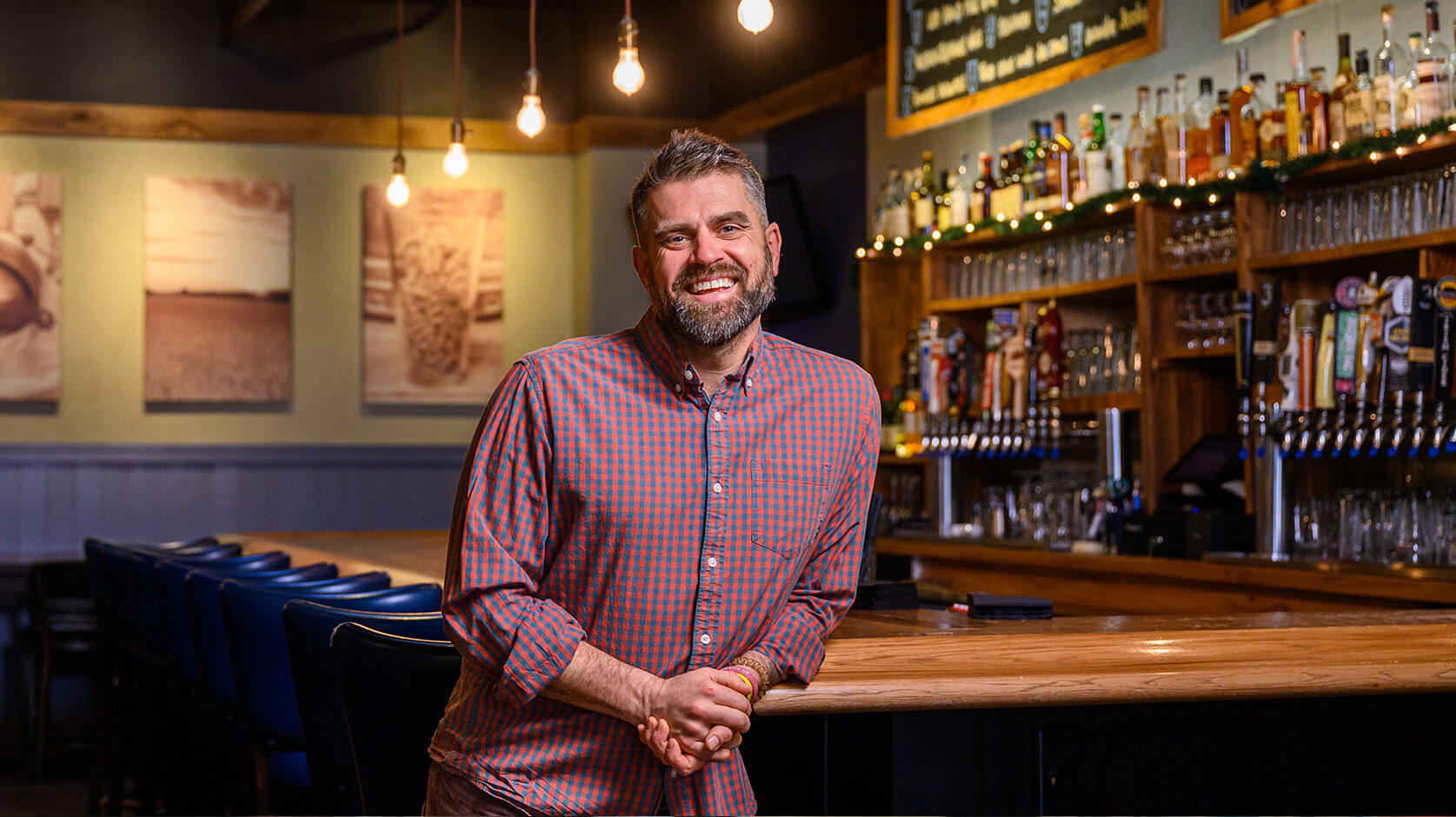

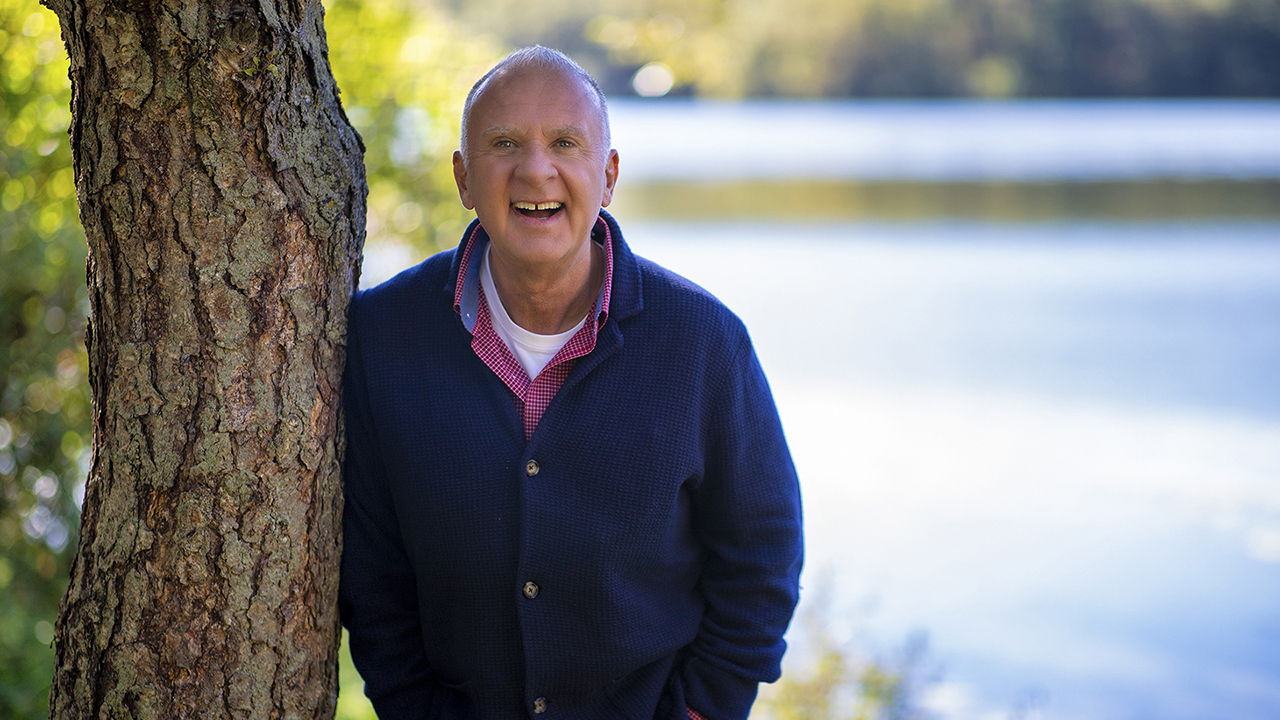

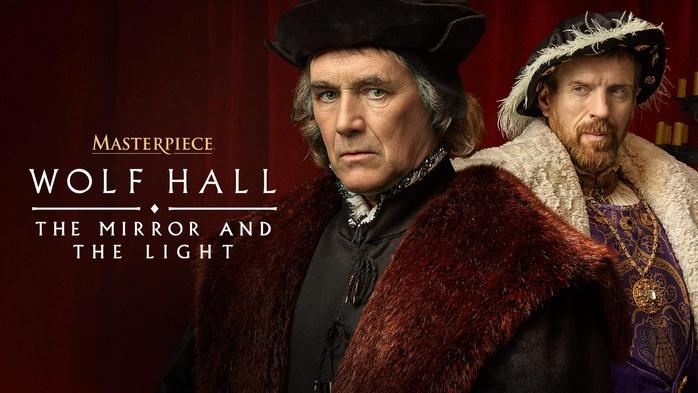

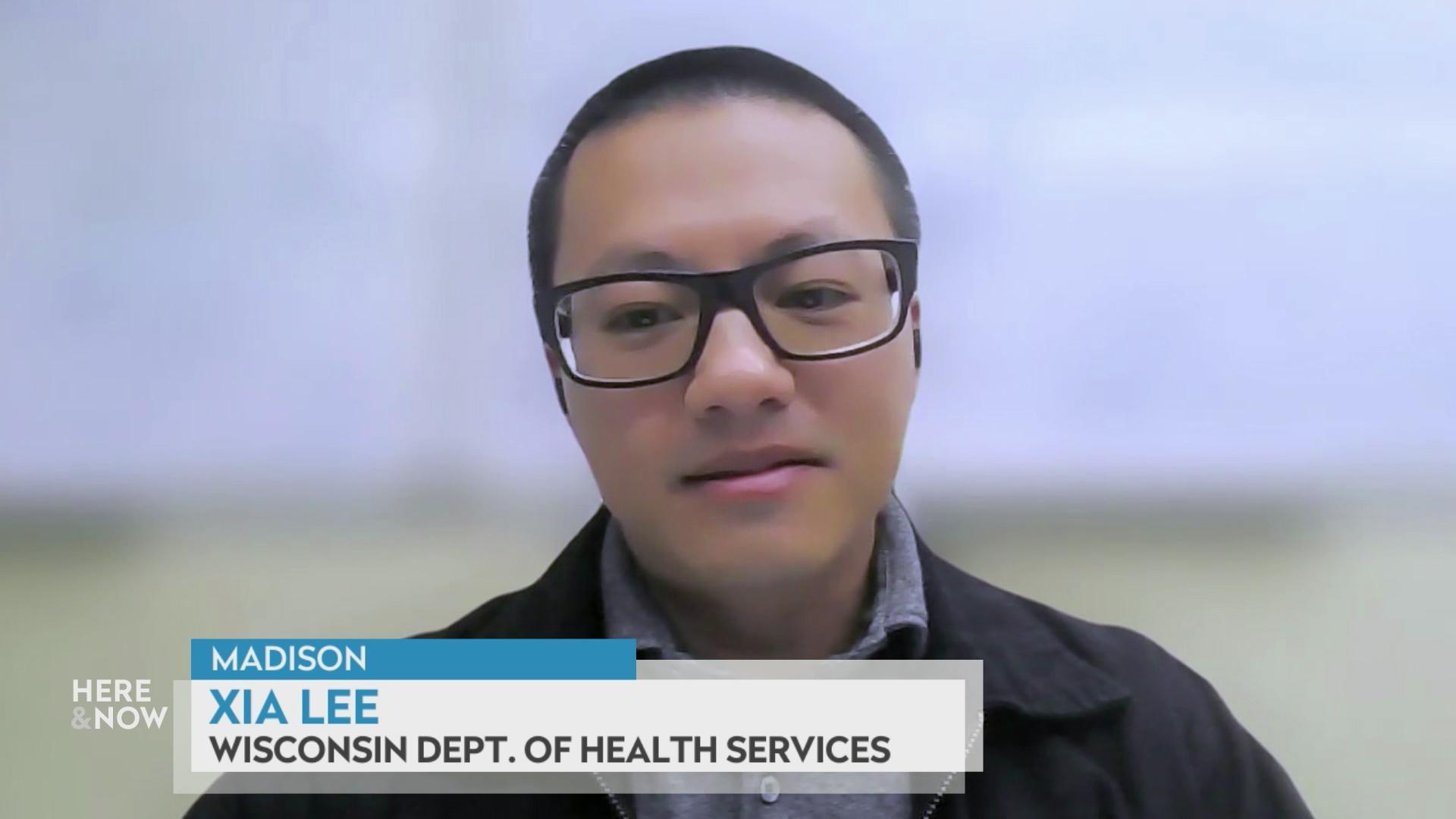
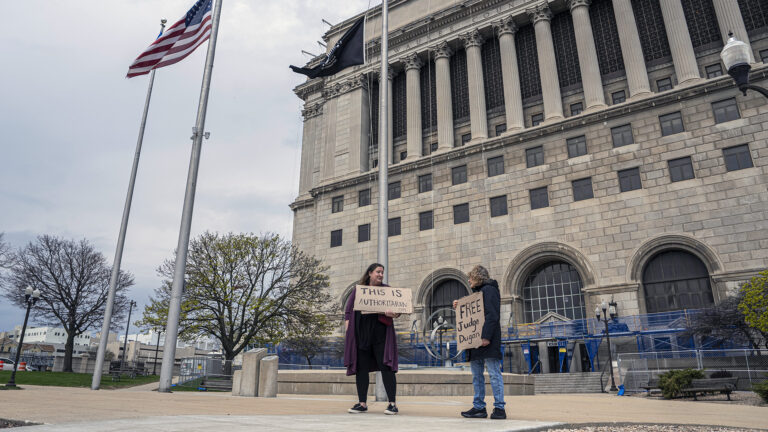
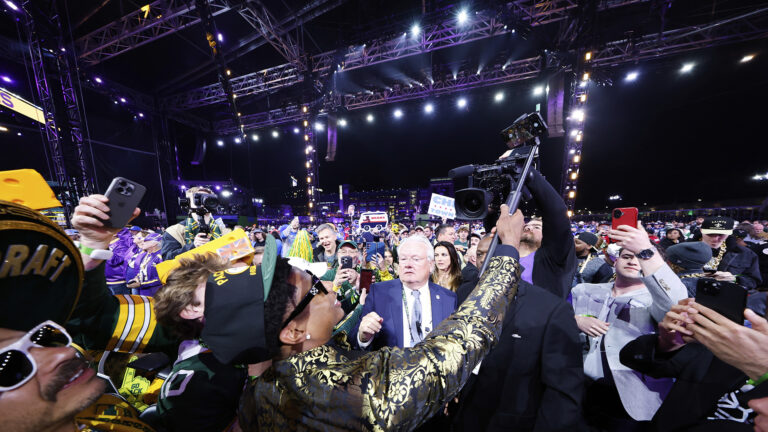
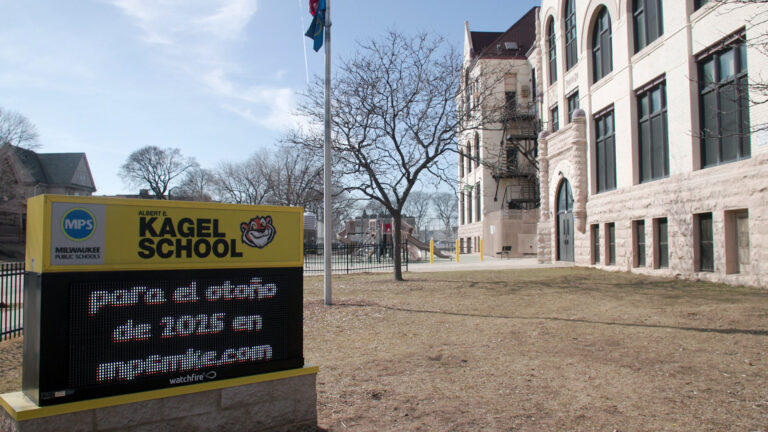
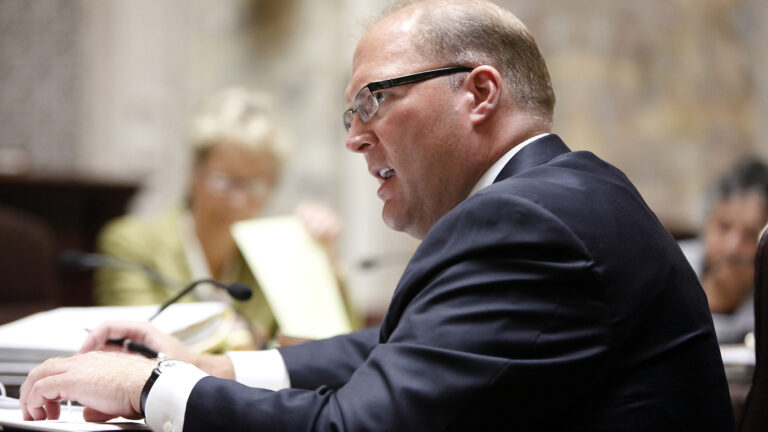
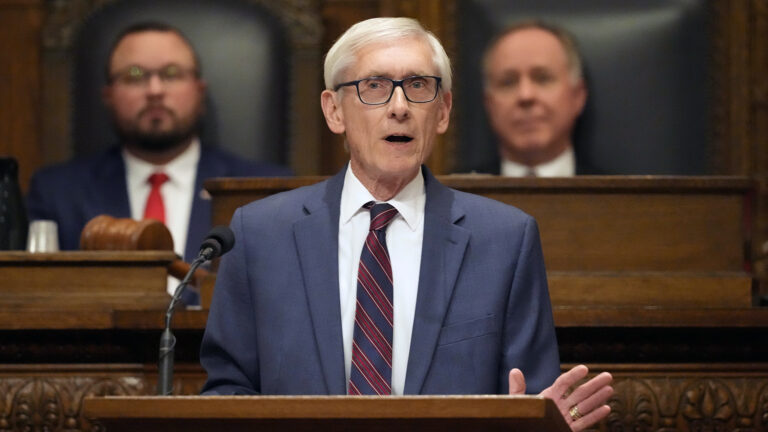
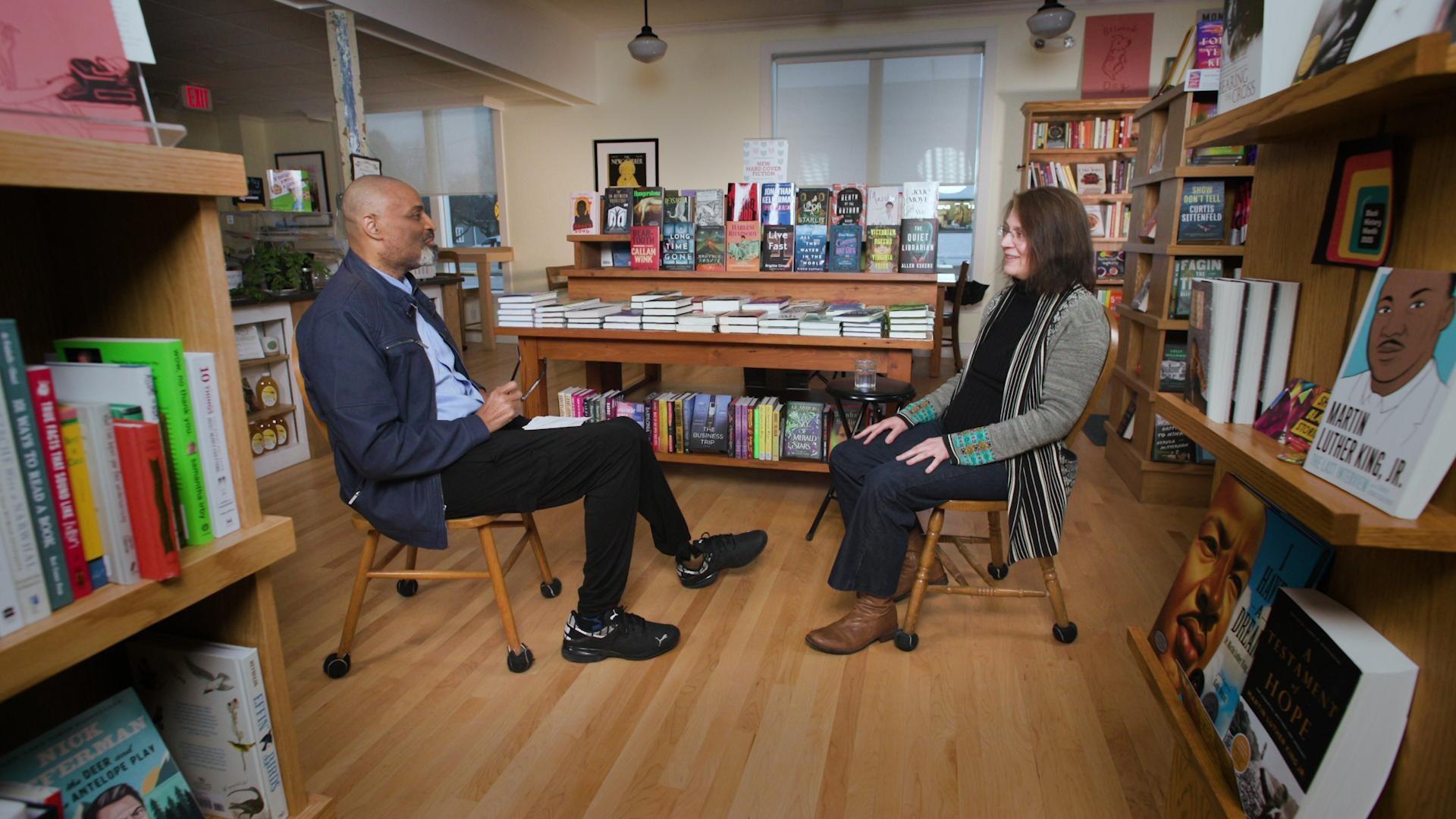
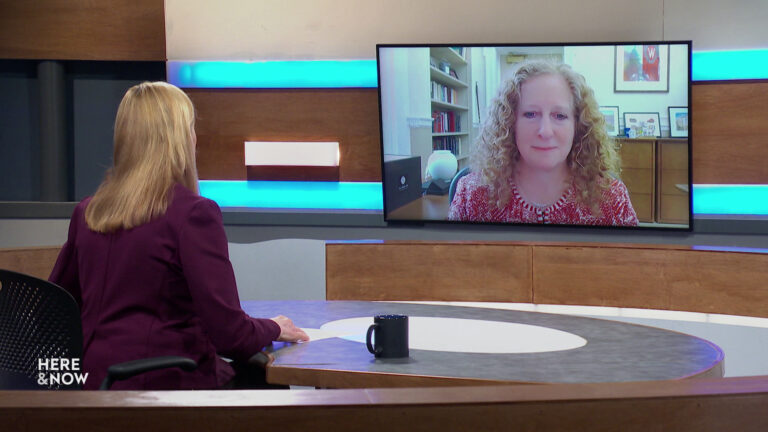
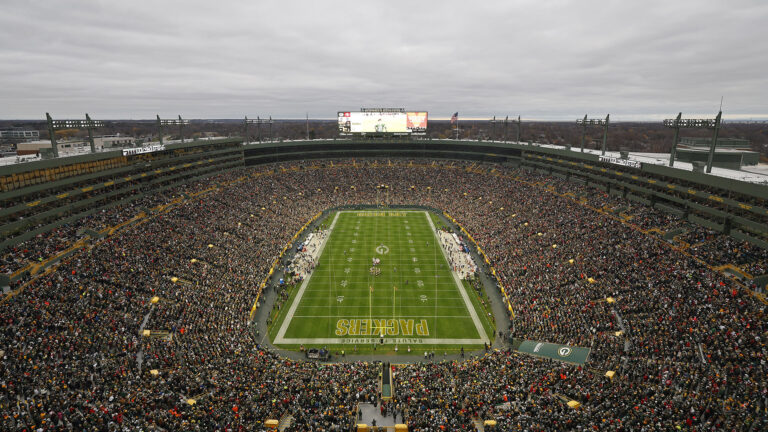
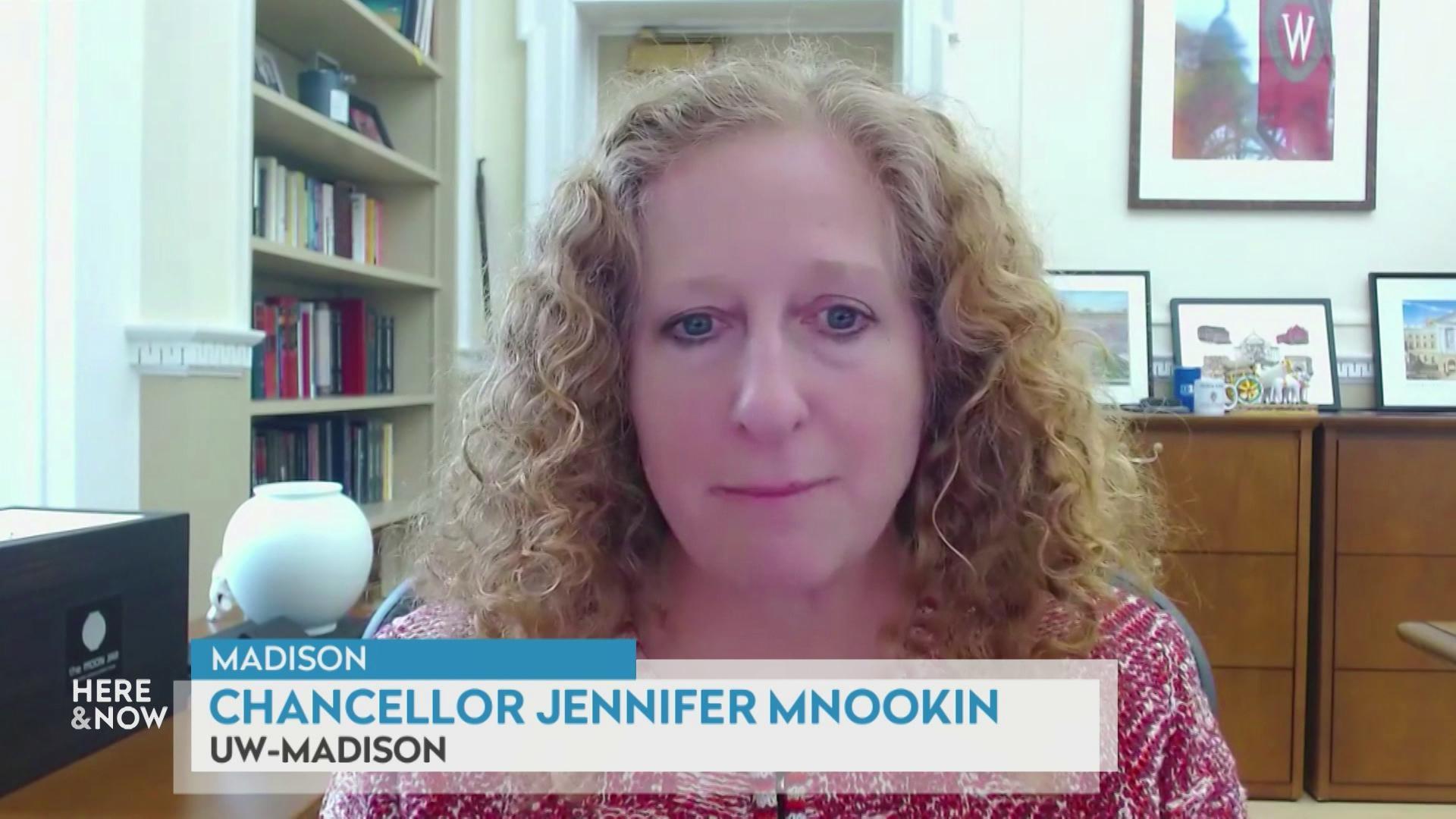
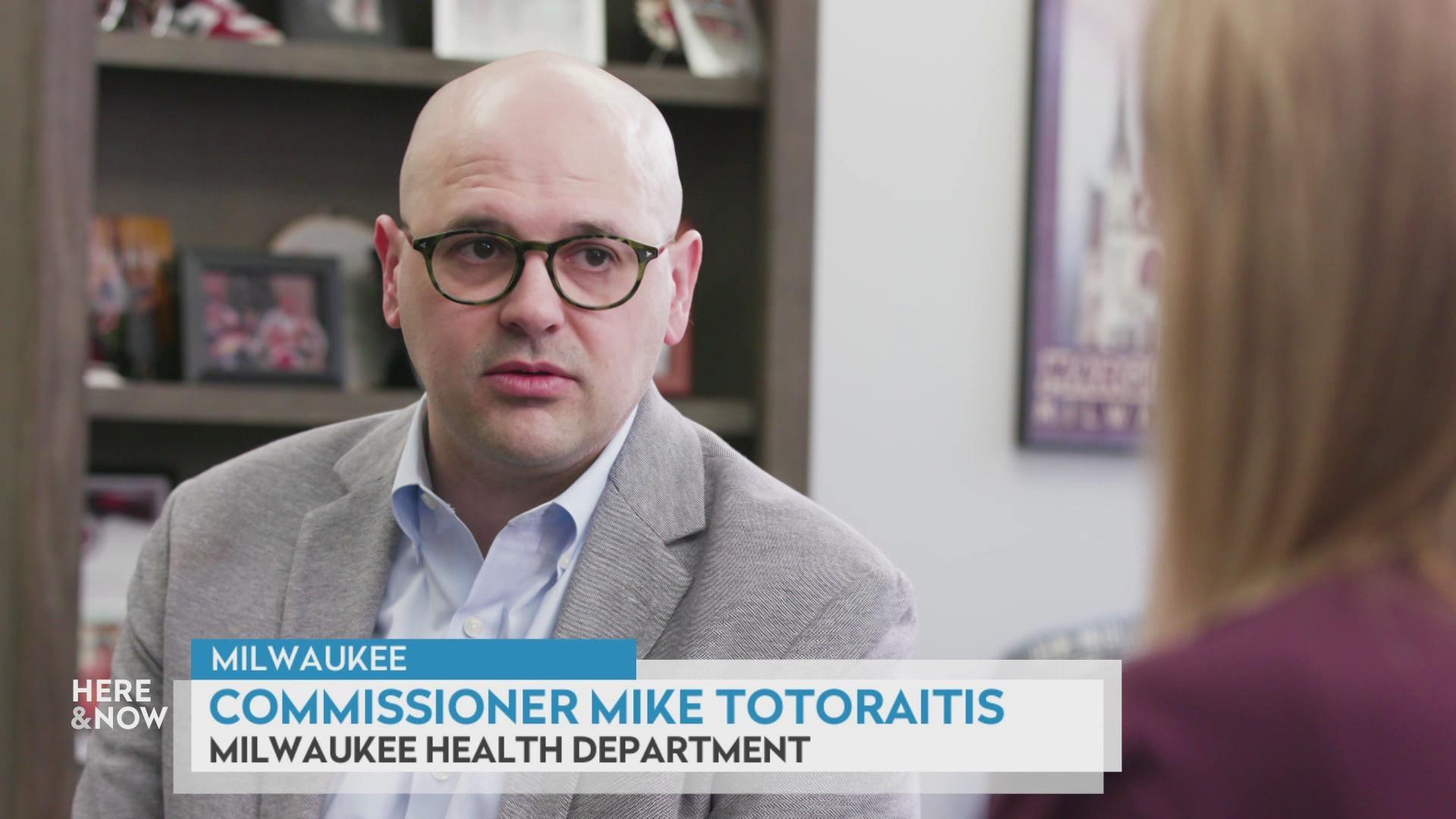
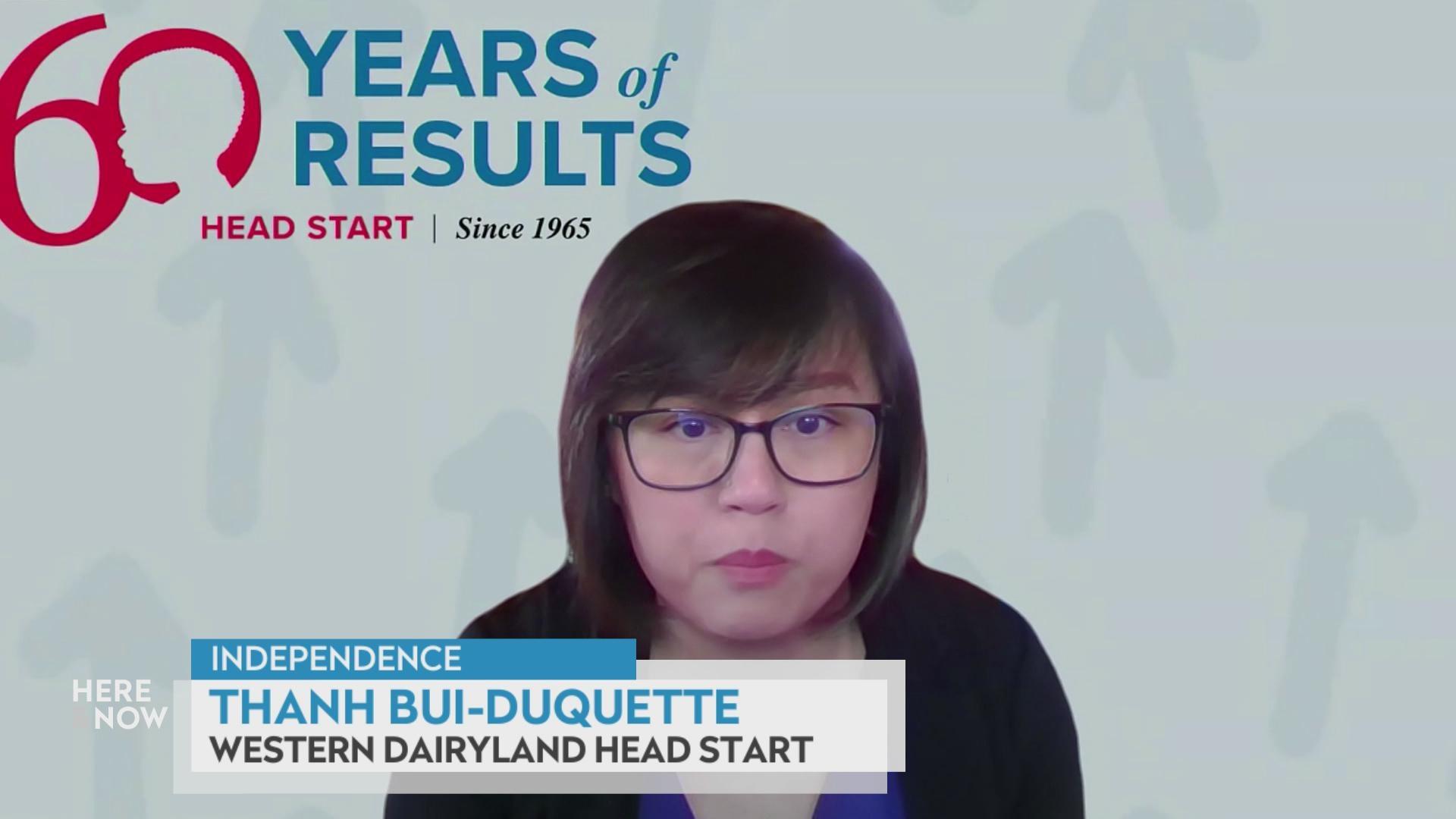

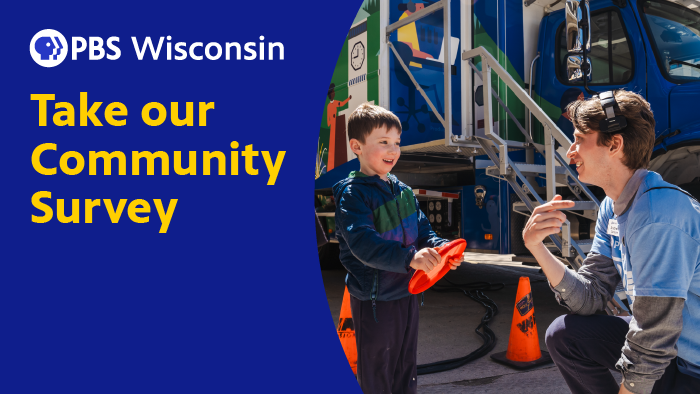
Follow Us